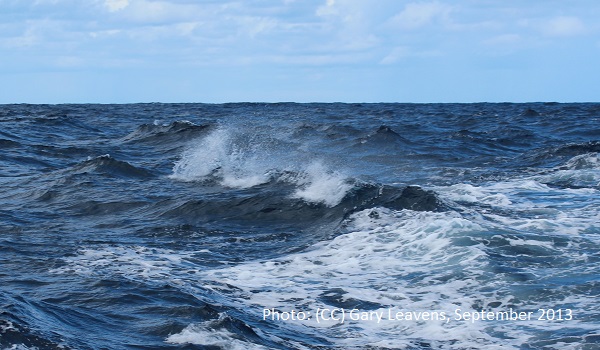An Ombudsman report denounces the conditions in the Canary Islands and calls to end the approach of containing people in Europe’s periphery. The situation of migrants in the Canary Islands was also debated by the Committee on Civil Liberties, Justice and Home Affairs (LIBE) on 1 March. On site, protest over the status quo continued, and an increasing number of people avoids reception centres in fear of being deported. New concerns over the accommodation of children in adult facilities have emerged.
The Spanish Ombudsman has published a report on migration in the Canary Islands in 2020. It once again points out deficiencies in the reception of the 23,023 people who have arrived to the archipelago’s shores last year. Drawing on numerous visits to all islands and inspections of reception and detention facilities, the report criticises the lack of adequate facilities and access to legal assistance. Further, it notes that effective identification protocols for the referral of vulnerable people remain missing. Once more, the Ombudsman calls for the establishment of an effective coordination mechanism and an end to the blocking of people on the islands – the latter also confirmed by two recent Supreme Court rulings. The Ombudsman highlights that “coastal areas in southern Europe cannot be turned into places where rights such as freedom of movement are denied, on the grounds of migration control and to avoid a so-called pull effect.”
On 1 March, the migration situation on the Canary Islands was also assessed in a debate in the LIBE Committee with Commissioner for Home Affairs Ylva Johansson, President of the Canary Islands Ángel Víctor Torres and director of ECRE member the Spanish Commission for Refugees (CEAR) Estrella Galán. In contrast to proposals of the new European Pact on Migration and Asylum, Torres called for “binding solidarity for the 27 Member States” for the reception of people arriving to EU border states, including the Spanish Canary Islands. Drawing on more than three decades of experience on site, Estrella Galán emphasised that depicting the current situation in the archipelago as an emergency was misleading and contributing to inadequate responses that missed out on structural root causes. CEAR campaigns for an end of the blocking of people in the archipelago, highlighting that with the current approach “migrants and asylum seekers find themselves trapped, with their lives paralyzed and seeing their rights violated”.
Transfers to the Las Raíces camp in Tenerife continued despite concerns over its conditions. Several hundred people continued to protest in front of the facility over its conditions and against being blocked on the islands. Spanish MEP (GUE/NGL) Sira Rego who visited the Canary Islands on 19 February, denounced conditions at the Las Raíces camp and called for transfers to the peninsula and to other member states. Reportedly, an increasing number of people are sleeping rough in the Canary Islands out of fear that staying in reception facilities would put them at greater risk of deportation. Reports suggest that despite being a facility for adults, about fifty children are currently among the 600 people accommodated at the Las Raíces camp. Following an order by the public prosecutor’s office, four children who refused to enter Las Raíces camp were transferred to a designated facility. By then, they had been housed with adults for months. Cases of children not being adequately housed and protected have also occurred at other sites, including at Arguineguín Pier and at the Barranco Seco camp. In 2020, about 15% of people who arrived to the Canary Islands were unaccompanied children.
For further information:
- ECRE, Atlantic Route: Drop in Arrivals over Past Weeks but Root Causes for Migration Remain, Supreme Court Reconfirms Free Movement, February 2021
- ECRE, Atlantic Route: Spain’s Blocking of Migrants in the Canary Islands Causes Suffering and Sparks Protests, February 2021
Photo: (CC) Gary Leavens, September 2013
This article appeared in the ECRE Weekly Bulletin. You can subscribe to the Weekly Bulletin here.

